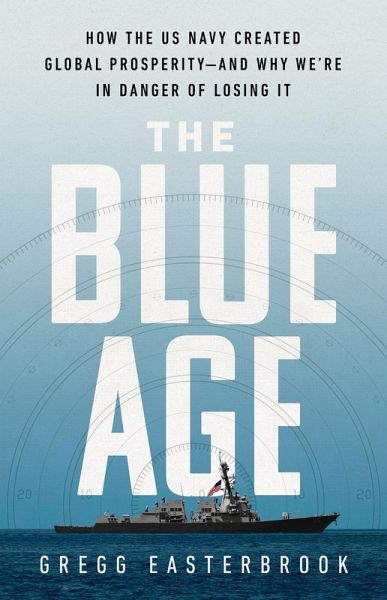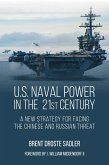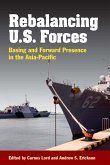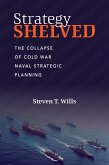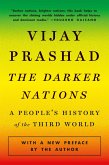The imperial dominance of the US Navy has brought half a century of peace and free trade to the world's waterways. But climate change and rising nationalism threaten to change that. Most of human history has seen what Teddy Roosevelt called "incessant warfare on the open oceans." This all changed after World War II, when the US Navy grew into a behemoth.
America has by far the most powerful naval fleet in the world--it currently owns ten full-deck nuclear supercarriers equipped with long-range jets; the rest of the world, combined, has zero.
Its dominance in this arena is so clear and overwhelming that other nations are not even trying to keep up. This, in turn, has enabled America to stand sentinel over crucial waterways like the Strait of Malacca, ensuring safe passage of goods with little interruption.
But we are entering a new era. What will happen if we lack the political will to keep spending resources on improving trade between other nations? Will China's rising economic influence and regional aggression cause us to pull ships out of the South China Sea, or result in a conflict between our navies, however mismatched? And what will happen if new shipping lanes are opened near the Arctic Circle, or other places changed by global warming?
Surveying both decades of naval history and a world of contemporary politics, this skillful blend of research and reportage makes a unique and urgent argument about the future of global trade.
Dieser Download kann aus rechtlichen Gründen nur mit Rechnungsadresse in A, B, BG, CZ, D, DK, EW, E, FIN, F, GR, HR, H, I, LT, L, LR, NL, PL, P, R, S, SLO, SK ausgeliefert werden.

